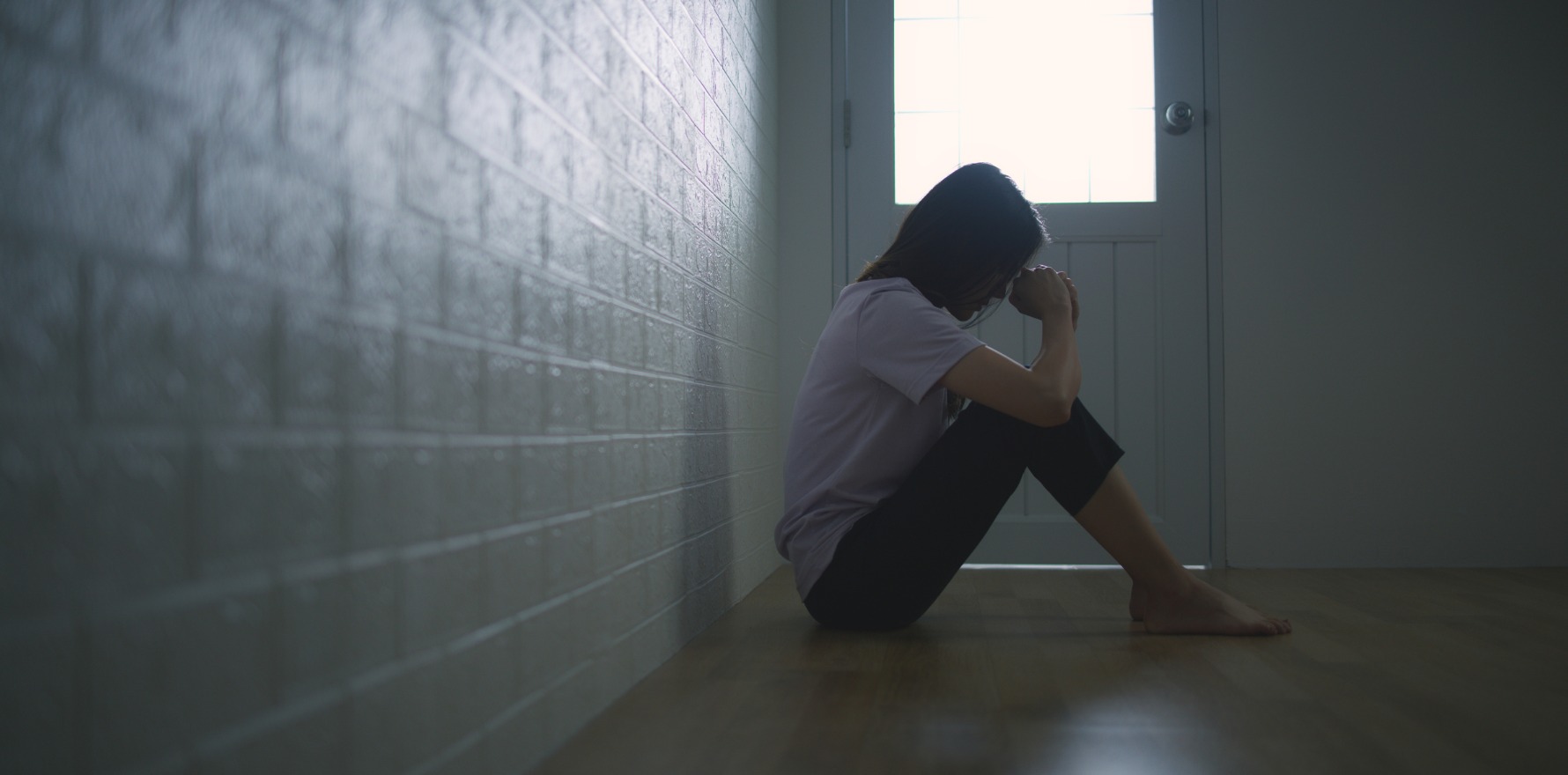The So Hot Right Now menopause conference was originally held out as being CPD-eligible. Then it wasn’t. Then it was?
Tensions within the Australian menopause research community have kicked up a notch again, with confusion over whether an upcoming conference was CPD-approved or not.
There are two parts to the So Hot Right Now conference; part one is at the Sydney Opera House on 1 March and is open to the general public, followed by conference sessions at the Hyatt Regency (also in Sydney) on 2 March.
The latter is aimed at doctors working in the menopause space and has specific learning outcomes, which include prescribing individualised hormone replacement therapy based on current evidence and patient-specific risk factors.
Originally, as reported in The Sydney Morning Herald on Saturday, the conference event was held out as being RACGP CPD-accredited.
The college now says that the event had not been submitted for CPD approval.
“The RACGP became aware early on Friday that the approved CPD activity logo had been used incorrectly to promote an activity as approved for CPD when it was not,” it told The Medical Republic.
“We immediately contacted our CPD provider and requested removal of our logo.
According to the college, its CPD logo can only be used once the activity has been approved.
“Every CPD provider agrees to adhere to RACGP standards and their CPD representatives undergo rigorous training with the RACGP,” it said.
“An internal investigation is underway at the provider to prevent future issues from occurring.”
Conference organiser Dr Ceri Cashell, a GP with special interest in menopause treatment, told TMR that GPs who attended the conference could still self-report the hours to their CPD home.
“Our understanding is that standard protocols were being followed for CPD accreditation, which allow for the use of the RACGP-approved CPD activity logo during the application process,” she said.
“We remain confident that the process was conducted transparently and in good faith.”
Related
Both the Opera House event and the conference event share a lineup of internet-famous doctors, including GP Dr Louise Newson from the UK and obstetrician and gynaecologist Dr Mary Claire Haver, urologist Dr Kelly Casperson and orthopaedic surgeon Dr Vonda Wright, all of whom are US-based.
All four women have made a name for themselves online, and between them run three menopause consultancies or clinics, three online programs, two podcasts and one supplement company.
They help make up the broader landscape of a hormone therapy replacement-forward approach to menopause treatment. This has been controversial.
Dr Newson, in particular, has come under fire for allegedly prescribing HRT doses up to three times the licensed maximum amount; last year, she lost British Menopause Society accreditation.
The inclusion of these doctors on the So Hot Right Now speaker lineup has stoked ire from some of Australia’s leading established menopause experts.
“The international speakers are ones that have been posting on their Instagram reels … and their own websites [promoting] practices that we can’t endorse as either evidence-based or safe,” Monash endocrinologist Professor Susan Davis told TMR.
“What they’re going to specifically say at this conference, I don’t know … but based on what they have said in recent times and have posted, it’s very difficult to endorse in advance what they’re likely to be promoting.”
Jean Hailes CEO Dr Sarah White told TMR she was concerned about women getting information and misinformation online.
“[There is] this perception that menopause hormone therapy is a panacea, and … it should be used for preventive measures like cardiovascular dementia,” she said.
“That’s not accepted practice from any of the international guidelines or groups.
“There’s this real sense that, when you look at this online information and the conversation, the discourse, there’s something that that the mainstream people are holding back and denying … so if you don’t get MHT at certain levels, [the framing is that] you’re being denied something.”
Dr White said it was incorrect to characterise menopause hormone therapy as a debate between two sides.
“[It would be like saying] the science community is divided over global warming,” she said.
While Nine Newspapers reported that at least five menopause doctors had written to the RACGP expressing concern over the conference, Dr Cashell said none of the event organisers had been approached directly by any doctors with concerns about the event or its speakers.
“We remain open to constructive feedback and are committed to ensuring the information we present is evidence-based, practical, and in the best interest of improving care for women,” she said.
Dr Cashell defended the speaker lineup, and said Dr Newson had been invited as a headline speaker due to her internationally recognised contributions to menopause advocacy and education.
“While there are differing perspectives within the medical community on certain treatments, this diversity of opinion fosters robust discussions that ultimately enhance patient care,” Dr Cashell said.
“For instance, it’s well-established that transdermal absorption of estradiol (and other medicines) can vary significantly between individuals – by as much as 10-fold, perhaps more.
“This variation, acknowledged in the International Menopause Society’s 2024 white paper, underscores the importance of tailoring treatments to individual needs.
“Menopause specialists may sometimes explore alternative approaches, including higher doses of transdermal estradiol, oral estrogen, or compounded estradiol implants (the latter are used by some specialists and in tertiary menopause clinics in Australia), in cases where standard treatments are insufficient.”





